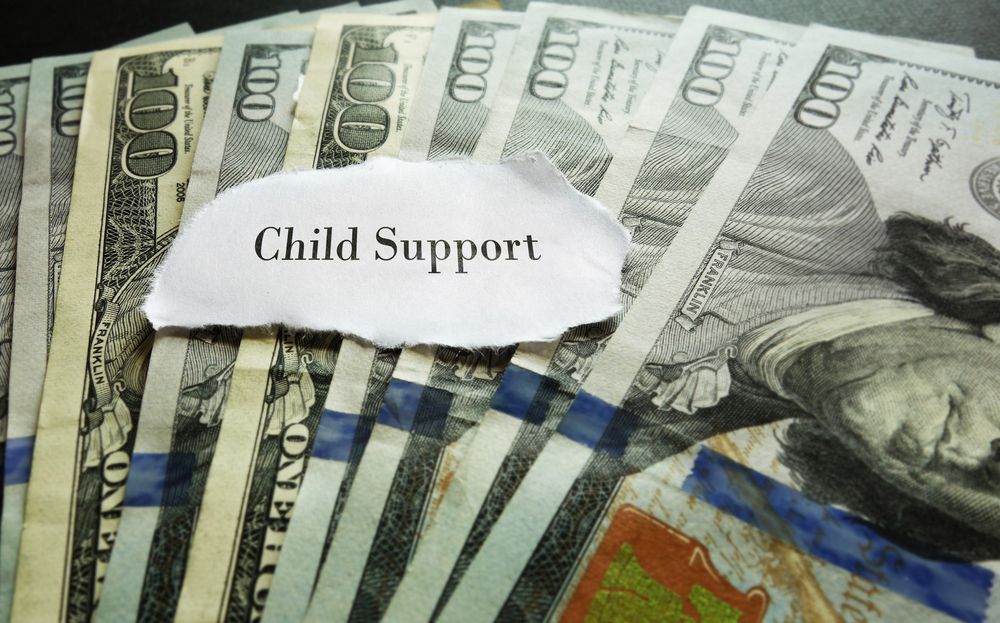Legal Terms and Phrases, Explained for Non-Lawyers - #1 Hearsay
The most frequent problem I run into with the practice of law is not in the courtroom, or with complex legal concepts. In fact, the problem is not just one that I have but I would suspect every attorney has, and few have mastered a way around. I first noticed this problem as a younger attorney when I slowly started hearing my old language replaced with a new, more formalized and oft-foreign dialect resembling the jokes about how lawyers speak. It was then that I started recognizing exactly how often my clients would sit in front of me as I spoke, shaking their heads in understanding, but with confused looks on their faces. I found, I would sometimes use language that, while completely conformable to me, was completely foreign to my clients. More dangerously, I discovered that I would sometimes use language that that both me and my client understood totally differently. Far beyond just using Latin, phrases like “hearsay”, “assault,” or “best interests of the child” mean something very general in daily life but have specific meaning to attorneys.
So in order to provide a resource to our clients at Lake Munro (as well as anyone else who may find it helpful) we humbly offer this series of blogs, along with our continuing apologies to those more qualified to speak on this topic then we are if we butcher anything, and to those attorneys who charge more for their opacity.
Hearsay: In daily life we use this term to describe gossip, or something that is unproven. To a lawyer, this means something much more specific. Hearsay is an objection that attorneys make in court to certain kinds of evidence. That kind of evidence is a statement (in writing or verbal) that both supports the matter you are in court arguing about AND is made by another person who is not in court to testify. Courts start from a position of not allowing Hearsay evidence because the person making the statement is not there to confirm the statement. There are several exceptions to this rule (23 is often the number sited though there are more) that allow for hearsay evidence to be admitted but the rules of evidnce is one whole class in law school and we are not teaching that class here.
Play along at home: Lawyers listen for key words to know to make the objection. In the question (e.g. “What did he tell you?”) or in the answer (e.g. “then he told me . . “). Next time you watch your favorite legal drama (mine would be Judge Judy), see how many errors you can spot.





CONTACT INFORMATION
Offices to serve you in:
St. Louis County - 1650 Des Peres Rd., Suite 220 St. Louis, MO 63131
St. Charles County - 6 Westbury Dr. St. Charles, MO 63301
"The choice of a lawyer is an important decision and should not be based solely upon advertisements." The information on this website is for general information purposes only. Nothing on this site should be taken as legal advice for any individual case or situation. This information is not intended to create, and receipt or viewing does not constitute, an attorney-client relationship.
Contact Us to Schedule Your Free 30-Minute Initial Consultation
We will get back to you as soon as possible.
Please try again later.





